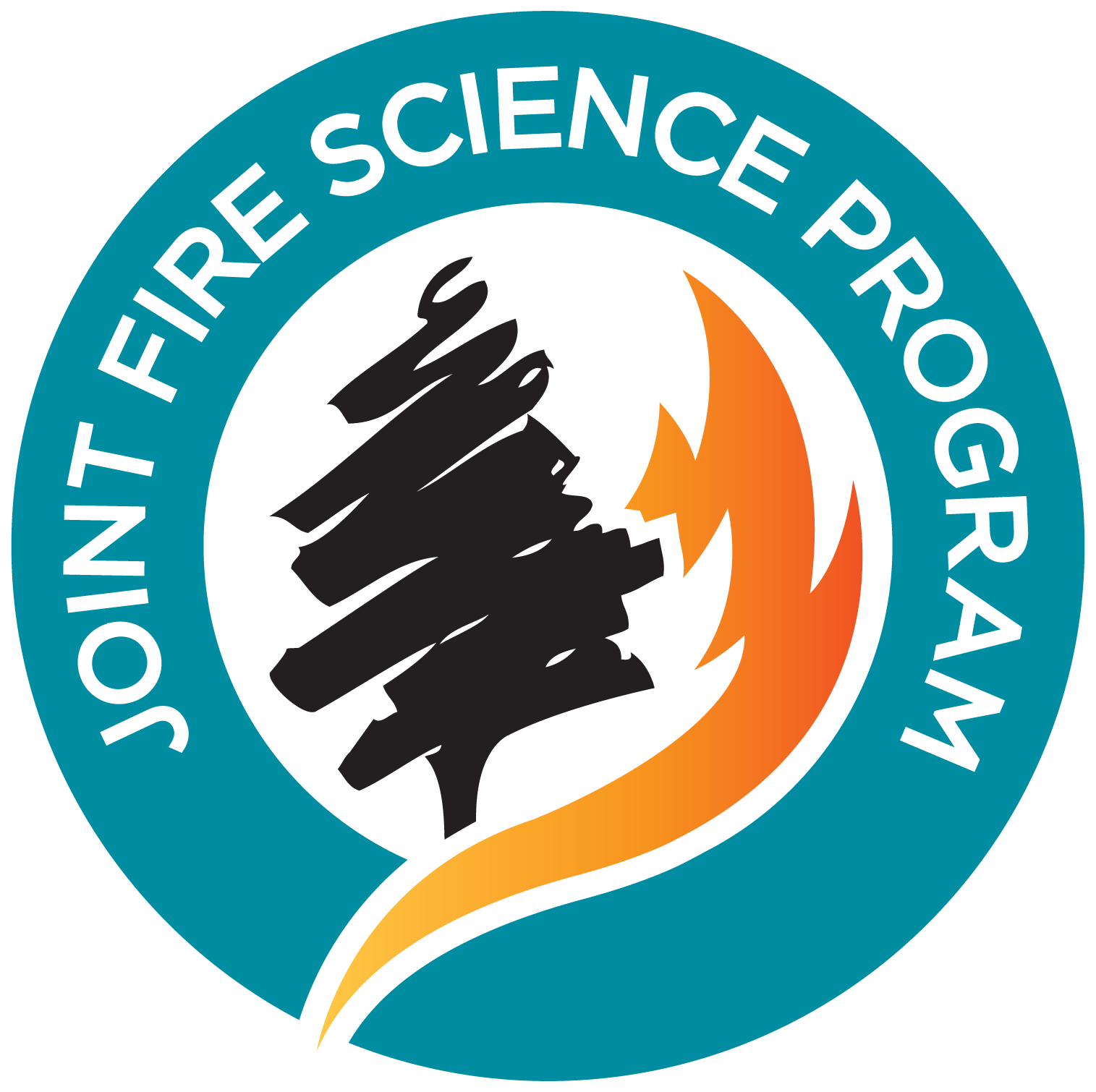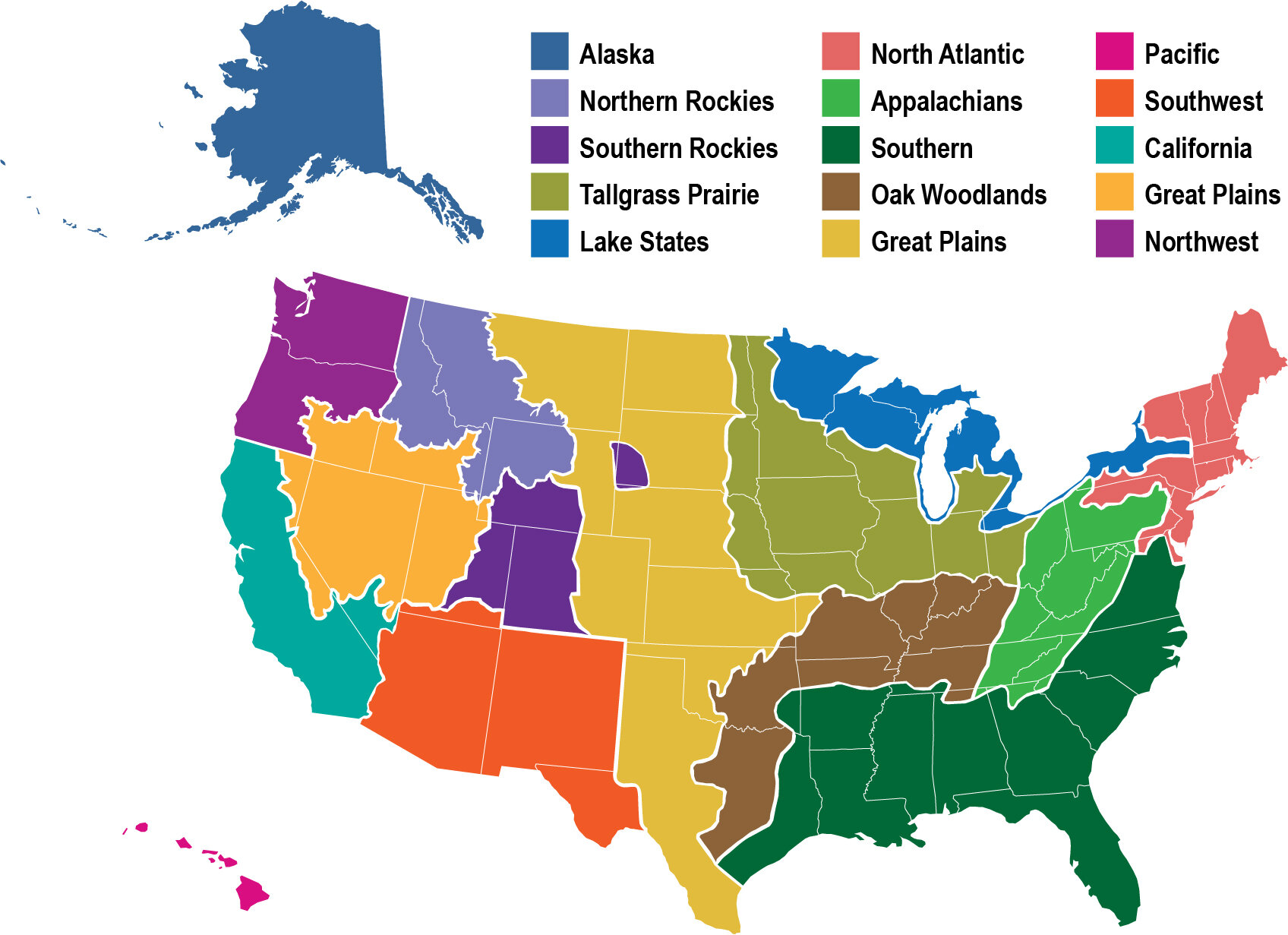View Presentation Slides PDF >
View Recording on Youtube >
About the Webinar:
Becoming a fire-adapted community that can live with wildfire is envisioned as a continuous, iterative process of adaptation. We combined national and case study research to examine how experience with wildfire alters the built environment and community- and government-level wildfire mitigation, planning, and regulations. By tracking changing in buildings post-fire (2000-2013) nationally we found that rebuilding was relatively low within several years of a fire incident, however, new development often continued. Studies of policy change revealed that for some communities, the fire was a focusing event that led to changes in regulations or planning (for example, modifying building codes or creating a CWPP). In other communities, destructive fire did not spur adaptation through changes in governmental policy. In some communities, local government officials thought current policies were effective and factors beyond their control such as extreme weather were to blame for structure losses In other cases, wildfire losses were accepted as a risk of living on the landscape, considered an isolated incident that affected few or was unlikely to be repeated, or enacting regulations was seen as incompatible with local norms and government capacity. We conclude that adaptation to wildfire through WUI regulations depends on multiple factors, including past experience with fire and the geographic extent and scale of the fire event relative to the local community and its government. While communities did not often pursue changes in WUI regulations, experience with wildfire was frequently cited as the impetus for other adaptive responses, such as improving emergency response or fire suppression, and expanding education and interaction with homeowners, such as Firewise programs or government support for fuel mitigation on private lands.
Additional links to journal articles on this topic:
Building data set:
https://www.fs.usda.gov/treesearch/pubs/47735
Rebuilding and recovery case studies:
https://www.fs.usda.gov/treesearch/pubs/49020
https://www.fs.usda.gov/treesearch/pubs/52897
About the Presenter:
Miranda H. Mockrin is a research scientist who studies conservation and land use, combining ecological and social science. Current research at the Northern Research Station focuses on understanding changing natural resource use and management with shifting human demographics, including examining mapping the growth of the wildland-urban interface (WUI) over time, examining rebuilding in the WUI after wildfire, studying housing development and its ecological and social effects, and exploring alternative forms of development such as conservation development. Research during my graduate career examined the linked ecological and social dynamics of subsistence wildlife harvesting in a Central African logging concession.




